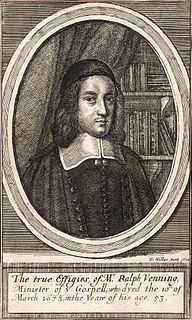A Quote by Theodore Parker
Related Quotes
The vice I am talking of is Pride or Self-Conceit: and the virtue opposite to it, in Christian morals, is called Humility...According to Christian teachers, the essential vice, the utmost evil, is Pride. Unchastity, anger, greed, drunkenness, and all that, are mere flea bites in comparison: it was through Pride that the devil became the devil: Pride leads to every other vice: it is the complete anti-God state of mind.
... bringing up daughters for nothing but marriage, mingles poison in the cup of domestic life, is traitorous to the virtue of both sexes, for neither suffers alone--is adverse to the happiness, to the development of conscience and to religion, and introduces to the dwellings of wretchedness and despair. The result of this degradation is pride, intemperance, licentiousness--nay, every vice, misery, and degradation.
Taste and elegance, though they are reckoned only among the smaller and secondary morals, yet are of no mean importance in the regulations of life. A moral taste is not of force to turn vice into virtue; but it recommends virtue with something like the blandishments of pleasure, and it infinitely abates the evils of vice.





































